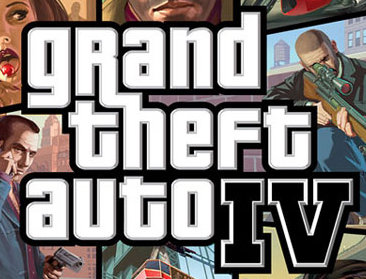
I’ve been a big fan of Grand Theft Auto ever since the series made the jump into 3D seven years ago. GTA3 was clunky and flawed in many ways, but it was my first “open world” game. I spent hours just goofing off, exploring the city and causing havoc. I really appreciated being given so much freedom to complete objectives, which turned each mission into a creative puzzle. To this day GTA3 is the standard to which I hold every other sandbox style game. In my eyes, Crackdown is GTA with super powers and Assassin’s Creed is GTA set during the Crusades. The sequels Vice City and San Andreas became incrementally better, adding small improvements while maintaining the high production value and brilliant attention to detail.





